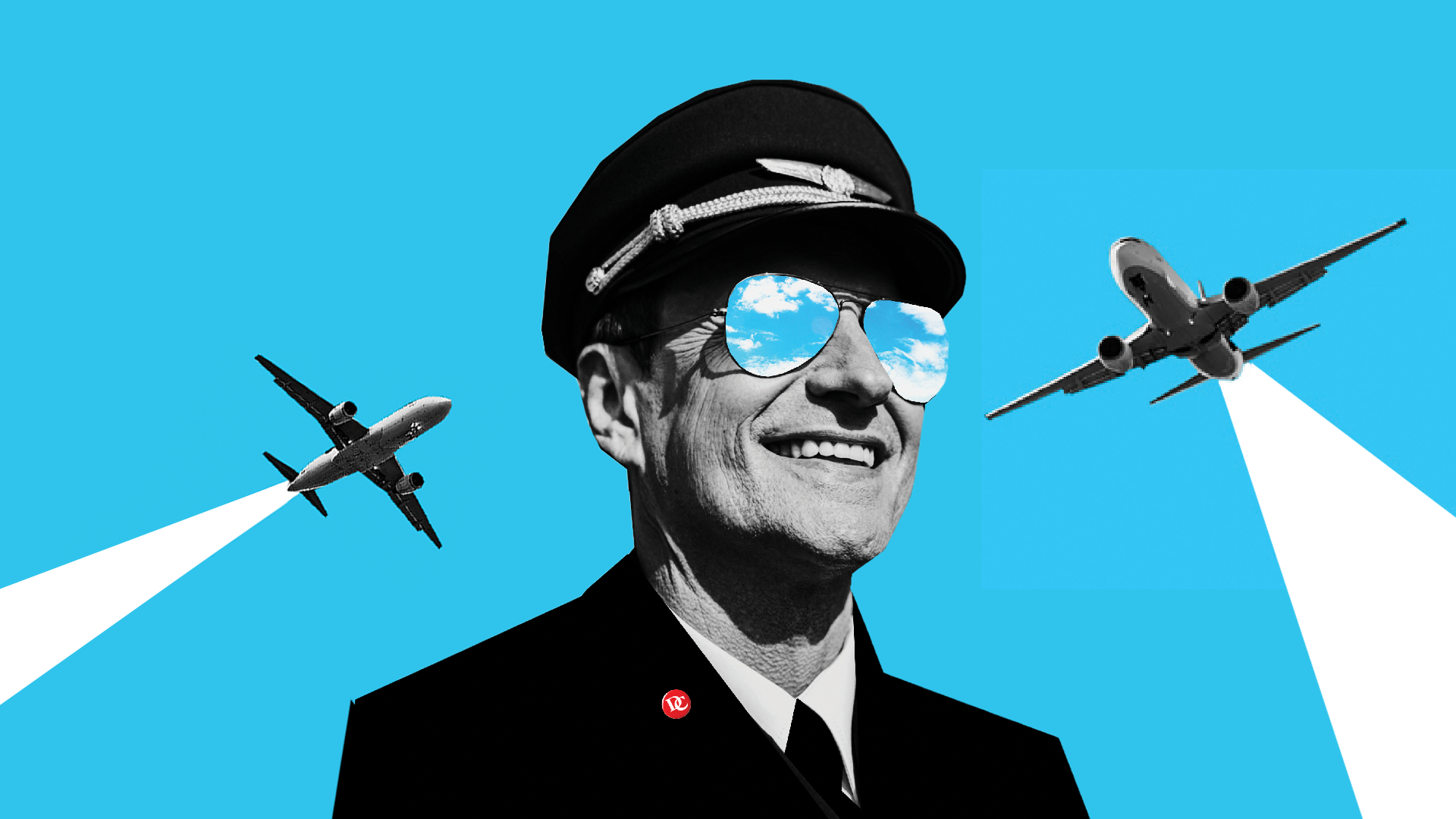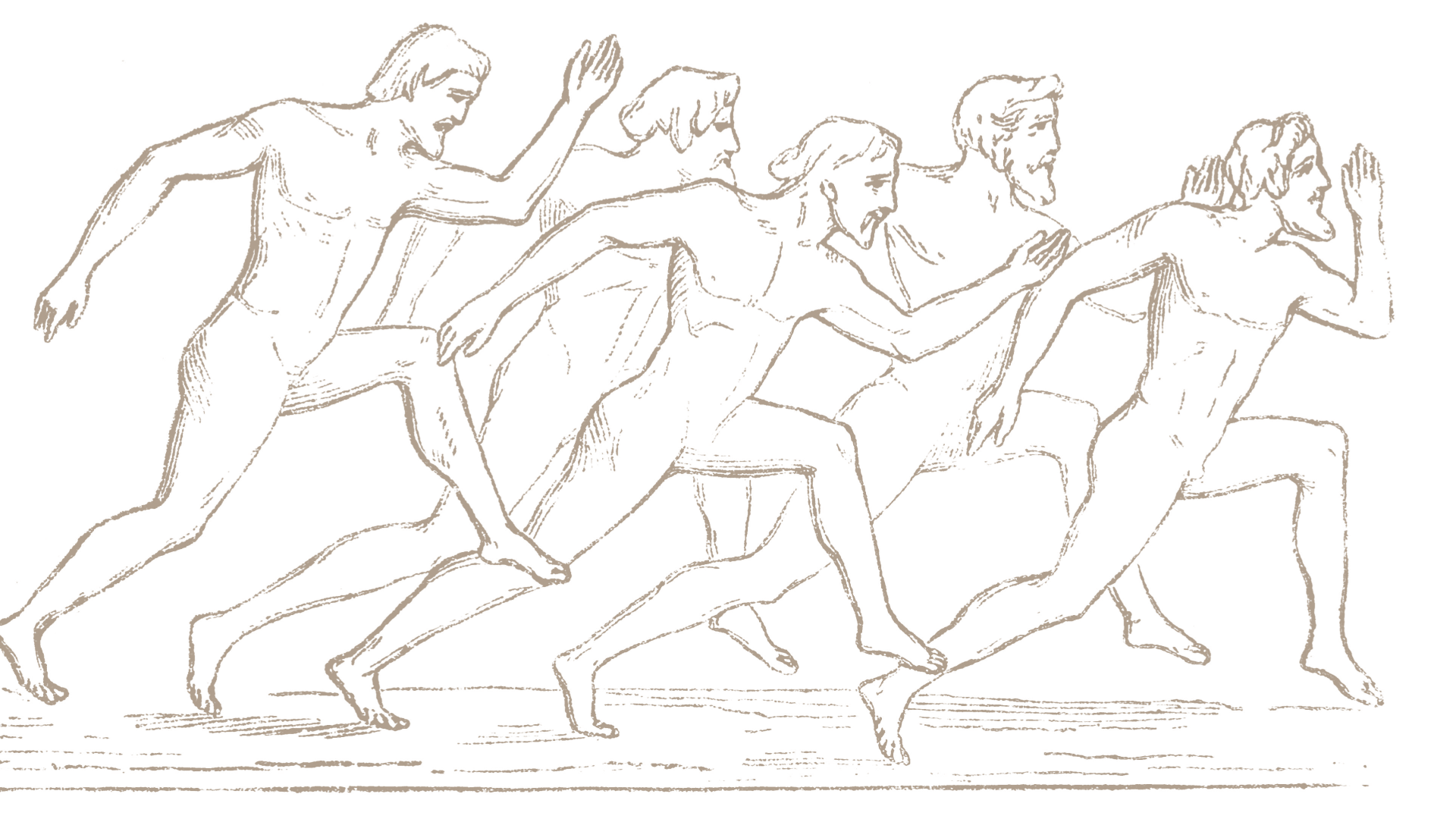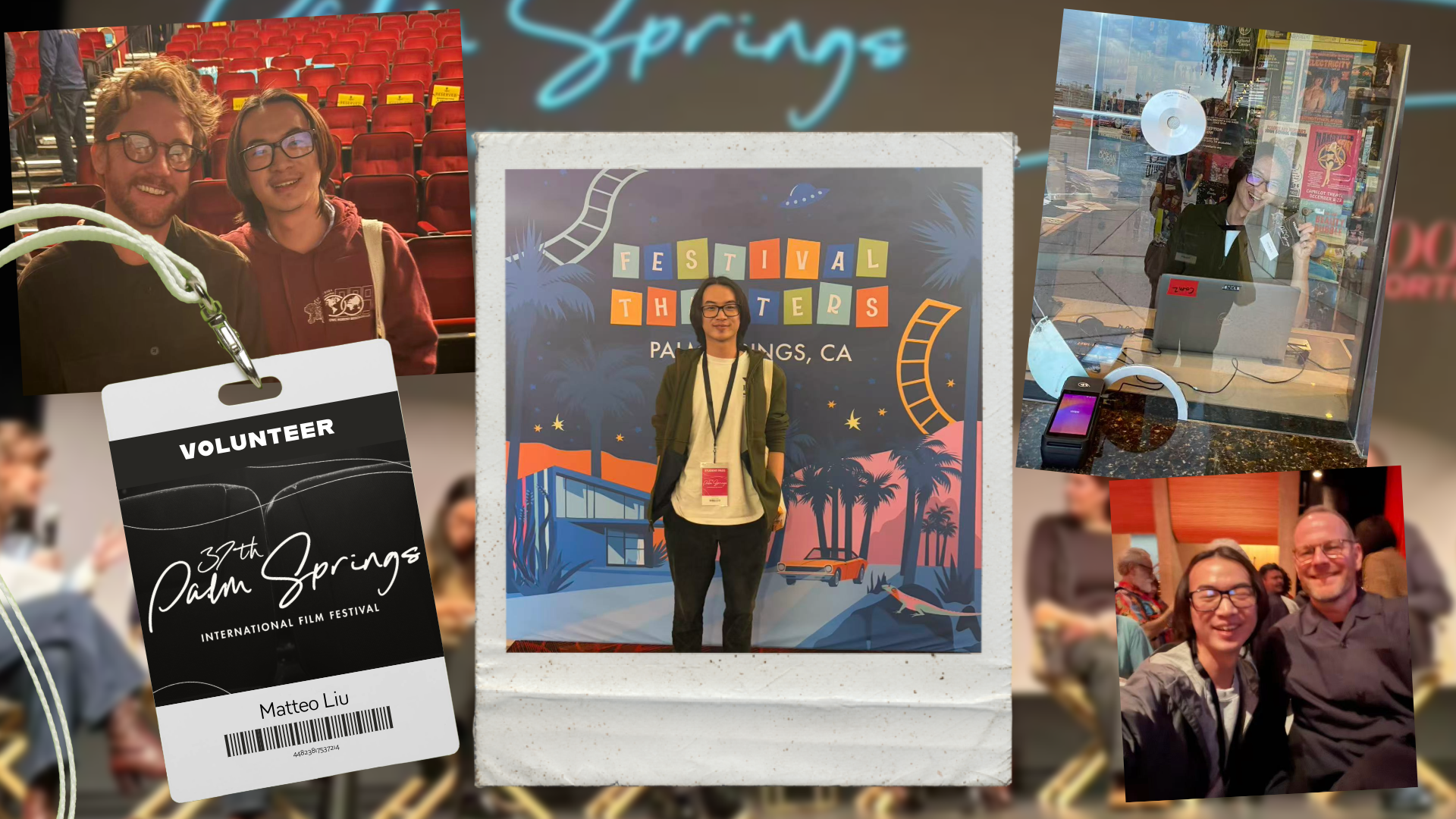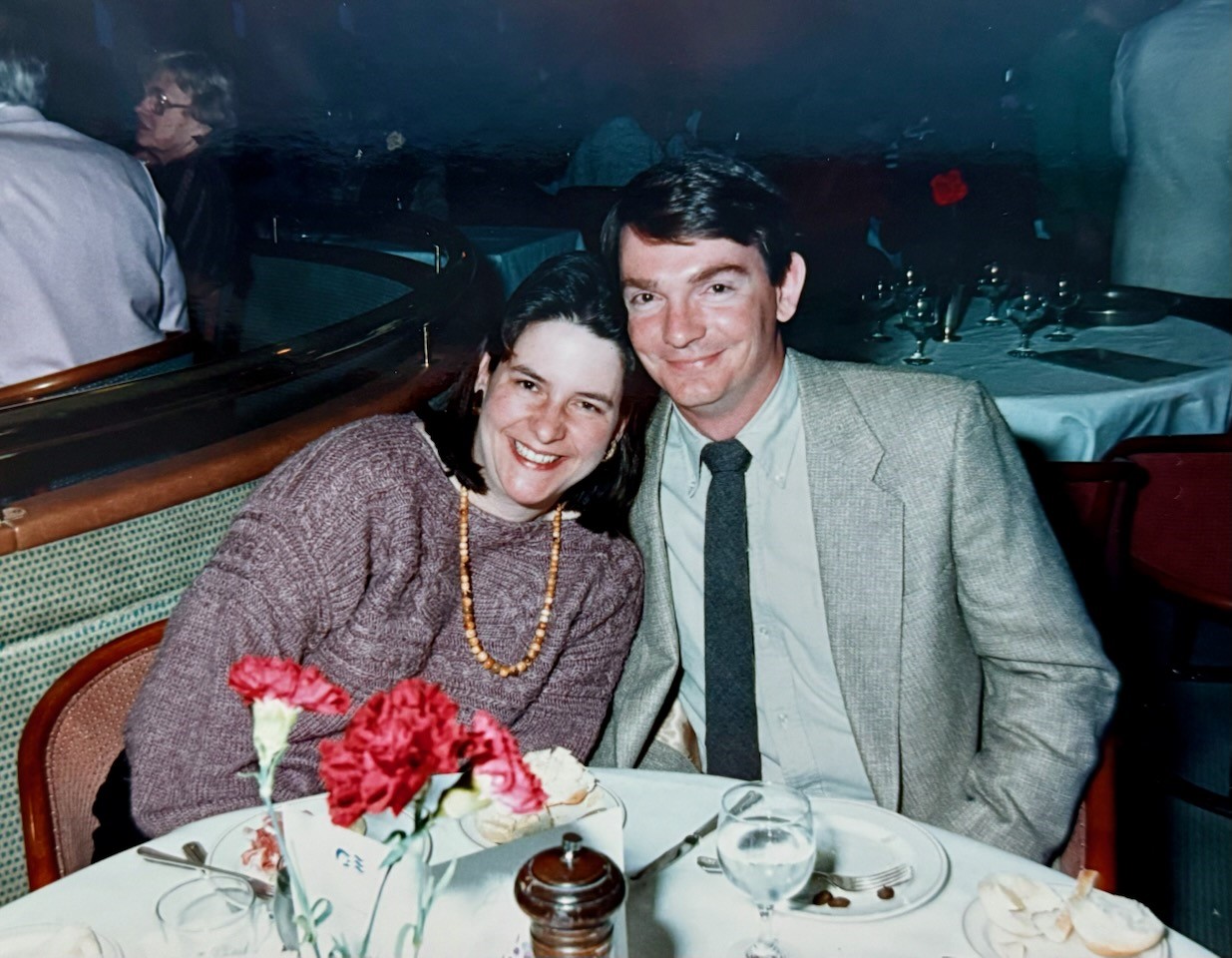My Davidson | A Student Blog When Humes Finds You in Rural Maine: The Study of Humanities Meets WWOOF-ing
September 1, 2023
Toshaani Goel ’24 shares how she applied the lessons of Davidson College’s Humanities Program to a difficult social situation while WWOOF-ing in rural Maine.
The summer after my first year at Davidson College, I spent a short period “WWOOFing” with a friend. In exchange for room and board, we worked on a farm in rural Maine owned by a couple. I had just finished the year-long class, Humanities, where we sought to answer big questions through a variety of academic disciplines. Now, my summer days consisted of weeding, picking, and processing, while the evenings wrapped into long dinners full of music, stories, and questions. On our few days off, the four of us WWOOF-ers would take to the lake nearby.
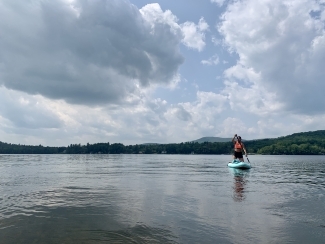
On one such day, we were enjoying the warm sun, cool water, and quiet surroundings. The solitary scenery was soon interrupted by a lady with a cigarette between her lips and a dog by her side. She perched on the edge of the water right next to “NO DOGS ALLOWED” and “NO SMOKING” signs. The lake was the only source of water for the community around and visitors littering it with pollutants had been a deep-running frustration. Upon sighting the lady, the husband of the couple we were with waded back to the edge to point out the signs to her. She offered a non-committal nod, and nothing changed.
As we were about to leave, in a culmination of his slow rising anger, he collected the few cigarette butts littering the ground and pushed them through the slightly open window of her car. We quickly got into our car, and she raged at us as we drove off. The atmosphere in our own car was palpably tense. While all of us thought that the lady’s actions were disdainful and insensitive, none of us agreed (not aloud) that his response was any more warranted. The conversation slowly unraveled. The wife was upset at his “consistently overblown responses,” while he thought that “perhaps the reason is that I know that you won’t respond at all.”
Soon our inputs were demanded. We agreed that her behavior was harmful but that his response was inappropriate and ineffective as well. Among the subsequent, “what would you [she] have done instead,” “I cannot think after this reaction,” “Well I want to see what your response would be,” “maybe I will respond if I know you will not react,” “we’ll see next time” … A session from Prof. Sharon Green’s unit in Humes started ringing in my head and I quipped,
This looks like a Theatre of the Oppressed experiment.
Brazilian theatre practitioner Augusto Boal’s pedagogy of Theatre of the Oppressed is a form of community-based theatre that invites the viewers of the theatre to tap into the roles of the actors by rethinking different responses to the situation of social strife. It is used as a tool to blur the boundaries between the spectators and the doers. In enacting these pieces of theatre, the participants rehearse their participation in the difficult social situations that demand intervention from the viewers.
As a group of people struggling with breaking the boundaries between the spectators and the actors, this sounded like the best way to think through not only the situation that had just passed but also how to work through future ones. So here we were tapping out for different roles, thinking of resolving the situation more effectively.
I’ll reiterate the organically inspired, unanticipatedly bizarreness of the situation: A farm in rural Maine, enacting pieces of theatre, connected with a sophisticated work of theory learned in one class over a year-long course.
The reason I reflect on this moment two years later is because I believe it is illustrative of the practice of interacting critically with the world that Humes trained me in, the way the class expanded my world and prompted me to investigate my own position with respect to others. As I look to my final year at Davidson, I am coming to see the ways in which my experiences are reflected in all my interactions in the successive years.
I came back to Humes as a fellow the next year and got the chance to create the support network for first years that I, myself, had experienced. The fellows’ keen interest in creating spaces for difficult conversations, the faculty’s responsiveness to the student’s learning experience and the huge collective of students who are going through this process together made it a great place to try out new ideas. I carry determination to take on new ideas with me even after the program.
The fact that Davidson houses this program means that a student could be a computer science or biology major who can still expand their horizons beyond their disciplines and train themselves in the practice of engaging with the world more critically. I am excited for all the coming students who are looking forward to joining Humes–and to all the ones who are not, Wildcats, you’re missing out.
